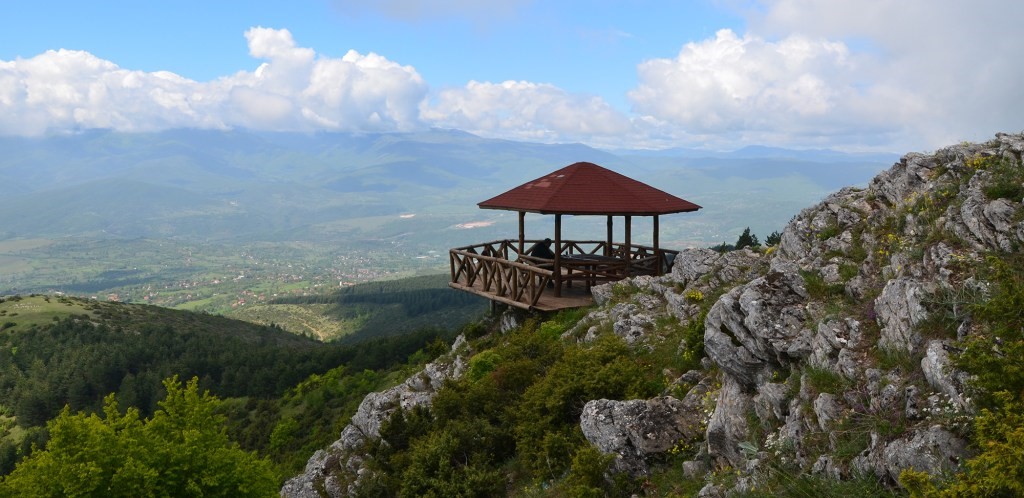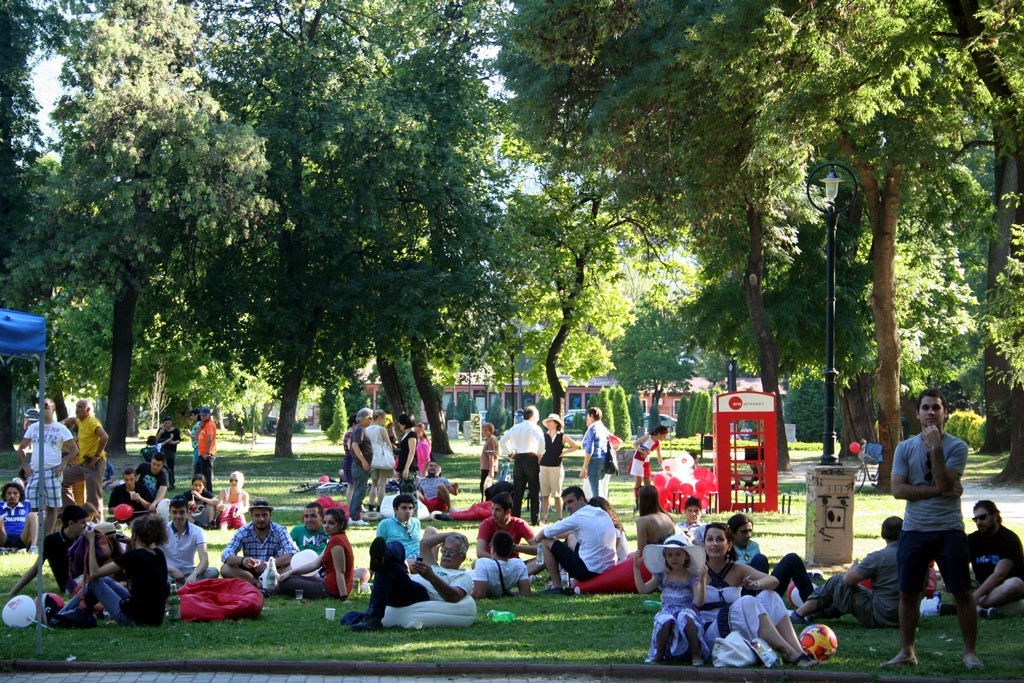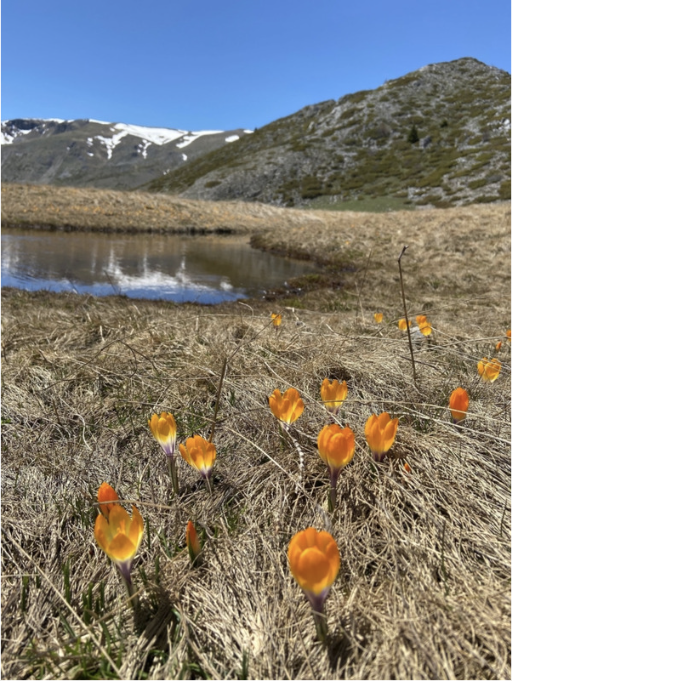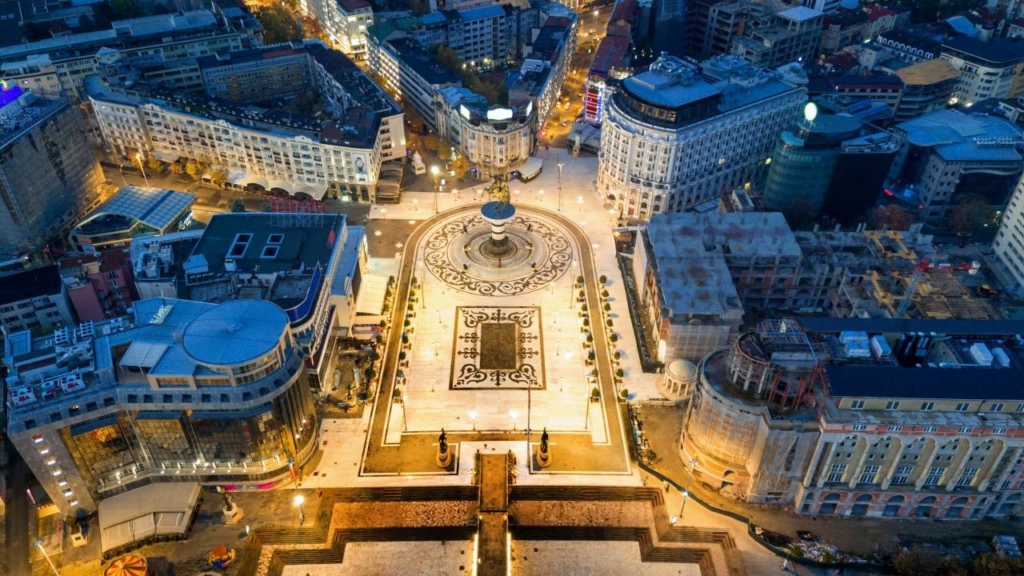
Last Trip Before Coronavirus
I’ve worked remotely for nine years, almost half with Razorhorse. Even before the virus changed our lives, I liked the flexibility this gave me to create my own schedule and enjoy my weekends.
I like to spend my free time outside, playing sports, hiking, and seeing friends and family. I also love traveling, especially to Vodno (a mountain near me) and the beaches in Greece. The beaches are just three hours south of Skopje, my hometown and the capital city of Macedonia.
My girlfriend and I were skiing in Kopaonik, Serbia (a four hour drive north from Skopje) when we heard about COVID-19. It was January, the virus was only in China, and we didn’t think coronavirus would impact us.
We had no clue this would be our last trip for a long time!
COVID-19 Hits Macedonia
On February 26, a 50-year-old woman from Skopje became Macedonia’s first coronavirus case after returning from Italy. Roughly 40 percent of our population lives in Skopje, so it’s unsurprising we got hit first. One case grew to two, then seven. My colleague Cristina lives in Italy’s epicenter so I knew how bad it could get. Everyone I knew was scared. Our healthcare system is weak, and we have little to no experience with outbreaks.
Police Hours Finally Implemented

Two days after the first case, the government recommended canceling all mass gatherings, including the carnivals in Strumica and Prilep.
On March 11, they closed schools and on March 18, the President declared a 30-day State of Emergency. Still, there was still no lockdown. Cafes, restaurants, and parks remained crowded. Most didn’t wear masks or socially distance.
By the end of April, we had 400 cases.
On May 8, Police Hours were finally implemented, probiting us from leaving our homes on weekends or weekday evenings. Even the markets were off-limits during Police Hours. We couldn’t even take a walk and needed documents to visit the doctor.
Still, cases continued to rise. Police Hours may have actually inadvertently helped spread the virus. Large crowds gathered in small spaces at markets, banks and parks during the limited operating hours.
In addition, unlike India where my colleague Vindhya says mosques closed, many Muslims in Macedonia (20% of the country) ignored police hours and still gathered during Ramadan from April 23 until May 23.
A Quieter Life

I’ve stayed with my parents during all this, so I’m lucky. My colleagues in the Philippines and Ukraine haven’t seen theirs since January. My parents have a nice yard too, so even during Police Hours we could be outside. I couldn’t meet anyone spontaneously though.
When I wanted to see my girlfriend or friends, I had to make elaborate plans. Still, I could visit places like Galičnik, a beautiful unpopulated village. I simply worked weekends so I could have fun when Police Hours weren’t in force! As a result, I’ve appreciated working from home even more during the pandemic!
Moving Forward from COVID-19
Nobody thought we’d need to isolate in our homes this long. I can still only see friends from a distance, wearing a mask, and I miss seeing people whenever I want. There’s something positive though — I appreciate my interactions with them more than I used to.
I hope the virus recedes so I can enjoy cocktails on the beach this summer. Wear your masks, social distance and avoid crowds! That’s probably the only way we can avoid the second wave.

